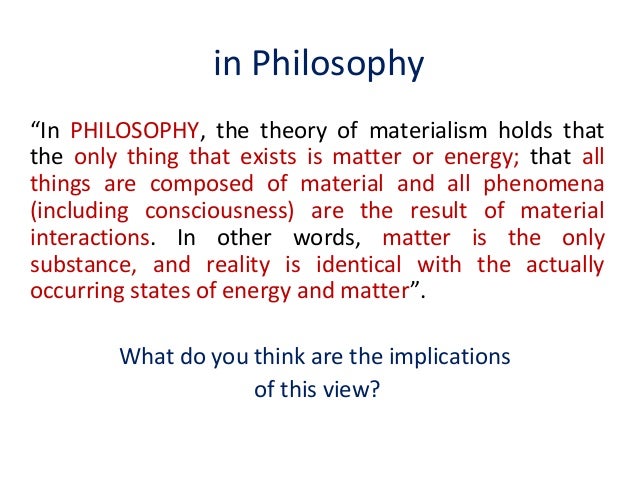Haught Ch. 2-3 Study Questions
Questions that are indented are a little less important.
 1. What is Weinberg’s view of the implications of physics for belief in a personal God (28-29)? What was Einstein’s view?
1. What is Weinberg’s view of the implications of physics for belief in a personal God (28-29)? What was Einstein’s view?
2. There is discussion of scientific (32-33) materialism in this section. How does it relate to scientism, according to the Contrast view?
3. The Contrast view agrees that religious fundamentalists have conflated the Bible with natural science, but what is the Contrast view of materialism and scientism (35)?
4. Haught draws a distinction between the objectivity of science and the subjectivity of a personal God (36), in filling out the Contrast view. What is the point?
5. The Contact view argues "the theology of today has to talk about God’s personality .. in terms that fit contemporary scientific cosmology" (39). Why does it claim this (39-41)?
 6. Challenge: According to the Confirmation view, how does religious faith constitute a ground for human trust, given human vulnerability, in light of science? Why the appeal to cosmic reliability and the eternality of matter and laws of nature for science (45)?
6. Challenge: According to the Confirmation view, how does religious faith constitute a ground for human trust, given human vulnerability, in light of science? Why the appeal to cosmic reliability and the eternality of matter and laws of nature for science (45)?
7. What "three inseparable ingredients" suggest that the universe is impersonal, a "vast, uncaring machine," as one rabbi put it?
8. How does the Conflict view the need for a God given chance and natural selection (49, bottom)? On this view, natural selection has no p_____ (50), which conflicts with the theist view that God creates and cares for the creation.
9. How does the Contrast view criticize creationism (53)? What is the "deeper" meaning of the Biblical account of creation?
10. According to the Contrast view, evolutionism equals the bonding of D_________ with a hidden premise of materialistic s_____________ (55).
11. Some might take evolution to be a fatal blow to the idea of a caring God, but what is the rebuttal offered (59), in terms of the classical problem of evil and belief in God--and do you find the rebuttal persuasive?
 12. Challenge: The Contact view wants there to be some interaction between science and religion. How does it deal with the relation of chance (evolution) to divine love (theism) (61-62)?
12. Challenge: The Contact view wants there to be some interaction between science and religion. How does it deal with the relation of chance (evolution) to divine love (theism) (61-62)?
13. The Contact view invokes the word "therefore" (63, bottom) in terms of the positive benefit of evolution for thinking of God. What is the preceding argument for this. Are you persuaded?
14. The discussion on pp. 66-67 is perhaps the heart of the chapter. What is the argument of the relation of evolution to the emergence evident in a complex natural order, and the possibility of God’s creative "persuasion"? How are both science and religion part of an evolutionary process?
15. Super-Duper Truth Challenge: In the last part of the chapter, Haught uses words such as "constructs" (68), "new model for understanding" (68), and "fruitful scientific framework" (69). Is this reluctance to use the word "truth" welcome or disturbing for you? Explain his argument, then detail your reaction.